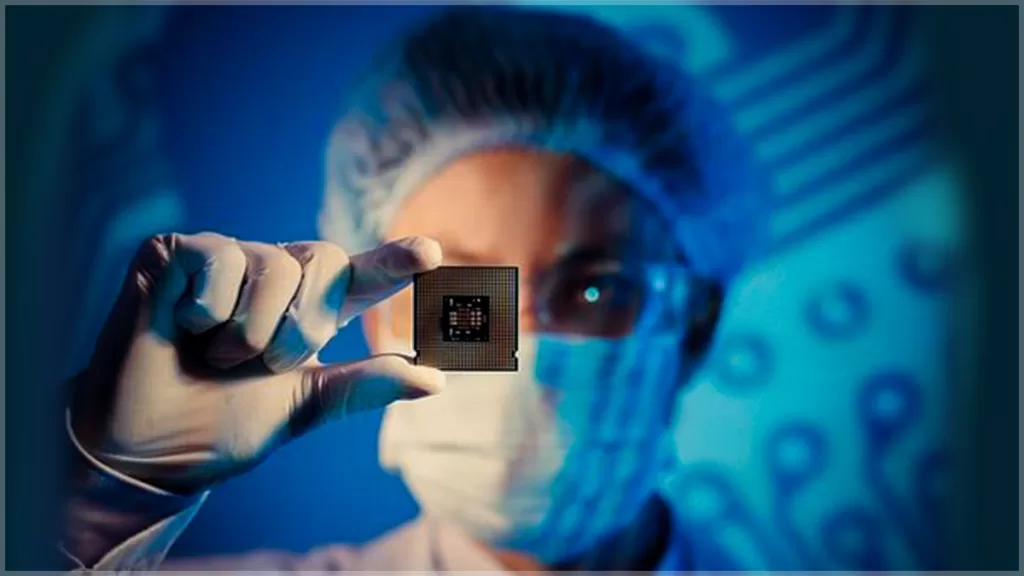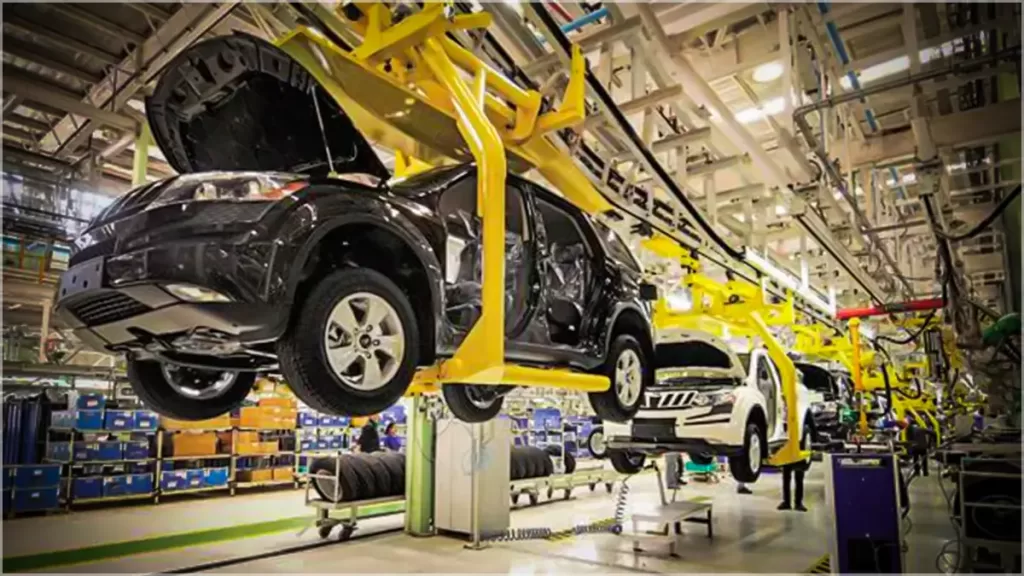In a world dominated by technological advances, one company stands at the center of it all – Taiwan Semiconductor Manufacturing Company (TSMC). From the latest Apple iPhone to NASA’s rovers, Tesla’s Cybertruck to everyday appliances like air conditioners and washing machines, even military fighter jets, all rely on a tiny yet powerful semiconductor chip made by TSMC. This may seem insignificant, but its influence stretches far beyond our gadgets. Some experts even say it holds the power to either prevent or trigger the next global conflict.
Table of Contents
TSMC: The Hidden Giant Behind the World’s Electronics
Many may think of giants like Apple, Google, or Microsoft as the rulers of the tech world. But when it comes to manufacturing the chips that power almost every electronic device, TSMC reigns supreme. This Taiwan-based company is responsible for producing 60% of the world’s semiconductors and an astounding 90% of the most advanced chips.
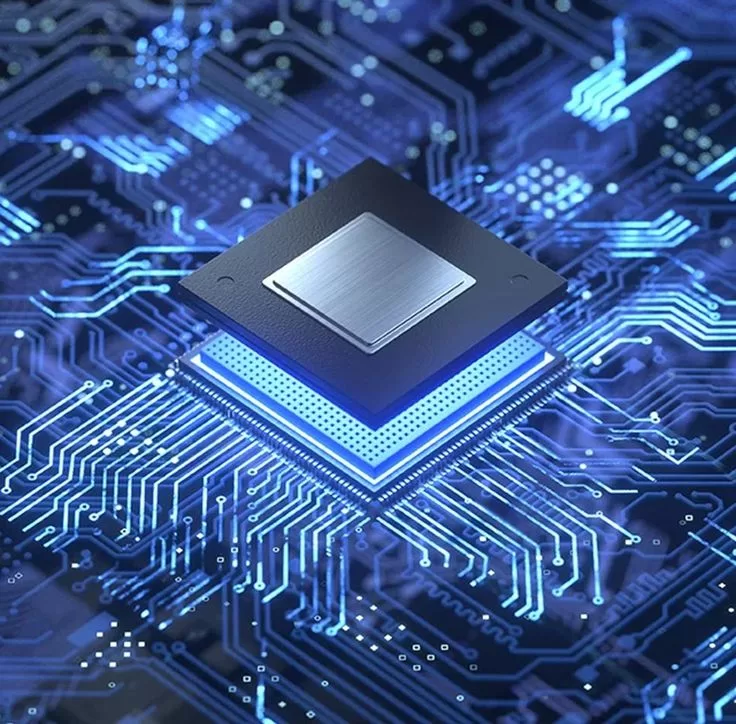
These chips are essential not only for smartphones but also for electric cars, advanced military equipment, and even space exploration. The global dependency on TSMC’s semiconductors is so significant that the balance of power between nations like the U.S. and China could shift based on their access to these chips. It’s no exaggeration to say that TSMC is as crucial in today’s world as oil was in the 20th century.
How TSMC Prevents War
At first glance, it might seem strange to claim that a semiconductor company could stop a world war. But when you consider that TSMC produces nearly all the world’s most advanced chips, it begins to make sense. Only two companies in the world can manufacture cutting-edge 5-nanometer chips: TSMC and Samsung. However, Samsung only produces 7.5% of these chips, while TSMC is responsible for the remaining 92.5%.
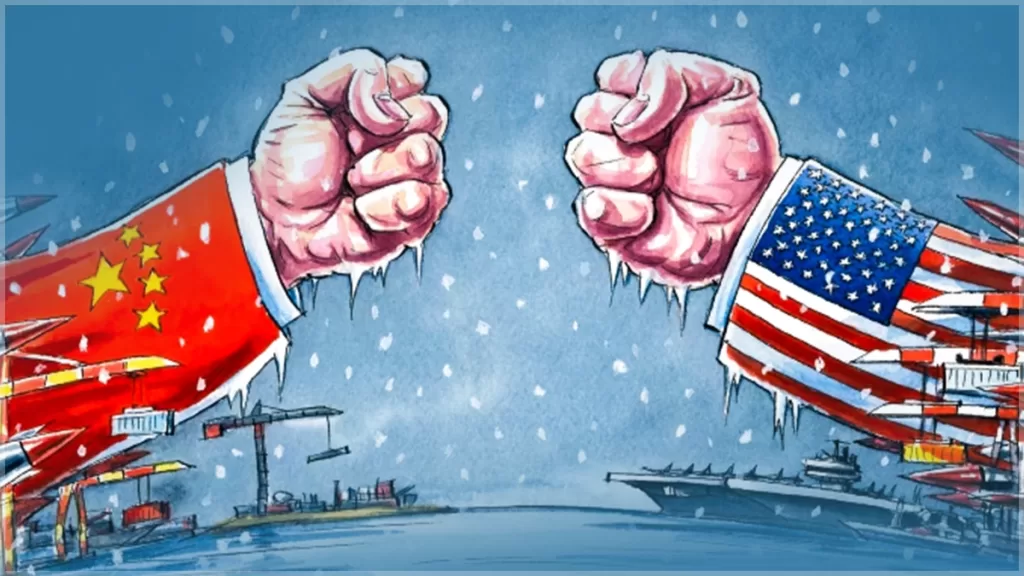
To understand the importance of this, imagine if only one company in the world made batteries, and that company suddenly stopped production. The world would come to a standstill. This is the situation with semiconductors today. Without TSMC’s chips, countless industries and national infrastructures would be severely impacted.
Semiconductors are the heart of every modern electronic device, from your smartphone’s screen to military drones. These tiny chips are smaller than a fingernail but contain billions of transistors. Despite their size, they control everything from data processing to power consumption, making them indispensable to modern technology.
Why China Can’t Compete
China has the capability to manufacture nearly anything, so why can’t they produce the most advanced chips? The answer lies in politics. China’s largest chip manufacturer, SMIC, can only produce 7-nanometer chips, which are 20% slower than TSMC’s 5-nanometer chips. This speed difference is critical in areas like drones, fighter jets, and other high-tech military equipment.
In 2020, the U.S. imposed sanctions on China, restricting its access to advanced chip-making machinery from the Dutch company ASML, which holds a monopoly on EUV lithography technology. Without these machines, it’s nearly impossible for China to produce cutting-edge chips. This technology gap means that in a potential conflict, China’s military technology could lag behind the U.S. by at least 20%, a delay that could make all the difference.
TSMC is already planning to start production of even more advanced 3-nanometer chips by 2025, which would widen the technological gap between China and other nations even further.
TSMC: Taiwan’s “Sacred Mountain”
TSMC is so crucial to Taiwan that it’s often referred to as the country’s “sacred mountain.” The company alone contributes 5% to Taiwan’s GDP, making it a key player not only in global technology but also in Taiwan’s economy. China, despite its strained relationship with Taiwan, relies heavily on TSMC’s chips, making it difficult for China to sever ties completely.
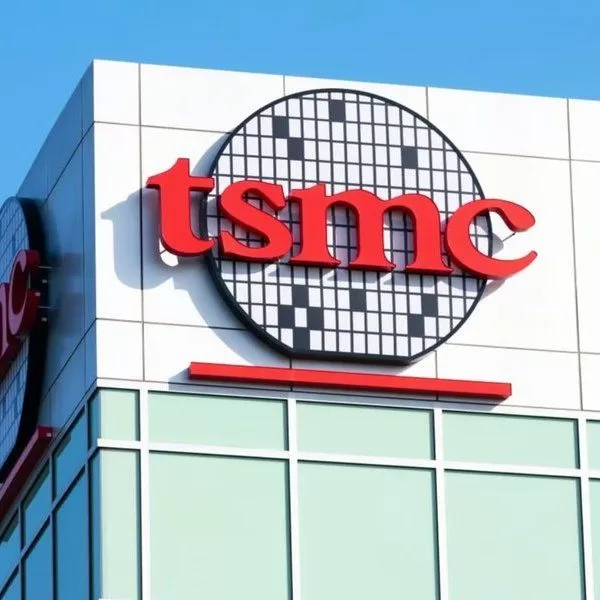
However, the global reliance on TSMC also poses a risk. If China were to invade Taiwan, as some fear, it could potentially gain control of TSMC’s chip production facilities. This would have devastating consequences for the U.S. and other nations that depend on these semiconductors. As a result, the U.S. has taken steps to reduce its dependency on Taiwan by investing $52 billion into domestic semiconductor manufacturing through the CHIPS and Science Act, with TSMC itself planning to build a $12 billion factory in Arizona.
The Man Behind TSMC: Morris Chang
The success of TSMC is largely thanks to Morris Chang, a visionary leader who built the company from the ground up. Born in China, Chang fled to the U.S. after the Communist Party took over in 1949. After earning degrees from Harvard and MIT, he worked at Texas Instruments, where he helped the company overcome challenges in chip production.
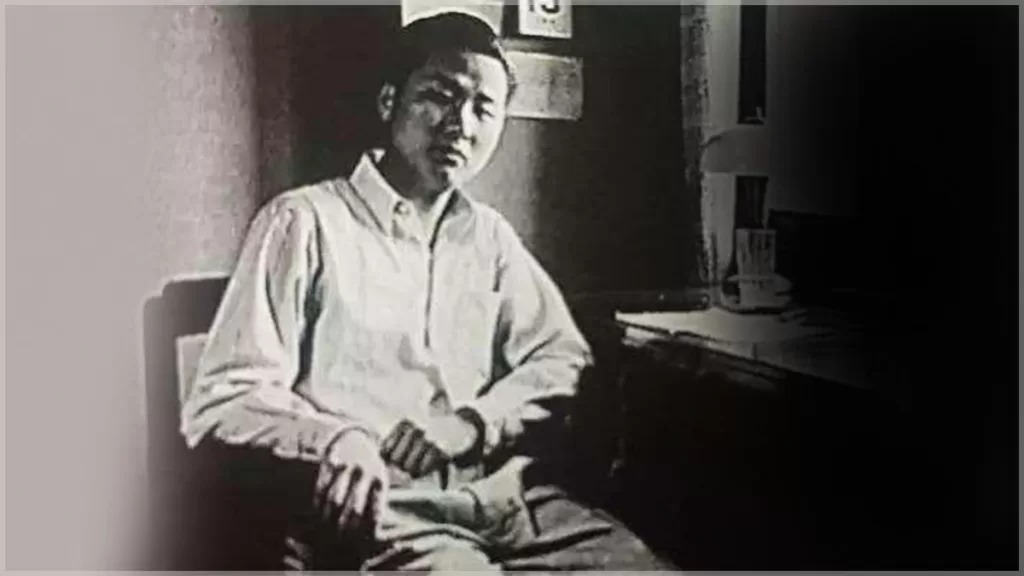
In the 1980s, Chang moved to Taiwan with a mission to build a semiconductor industry there. Instead of trying to innovate, Chang focused on perfecting the chip-making process, and under his leadership, TSMC became the world’s largest and most efficient chip manufacturer. Today, TSMC is not just a company but a global powerhouse that plays a crucial role in everything from consumer electronics to national security.
The Future of TSMC and Global Security
TSMC’s dominance in semiconductor manufacturing has made it both an asset and a potential risk for global security. If China were to control TSMC, the balance of power in the tech world could shift dramatically. That’s why some experts, including former U.S. National Security Advisor Robert O’Brien, have suggested that in the event of a Chinese invasion of Taiwan, the U.S. might be forced to destroy TSMC’s factories to prevent China from gaining control.
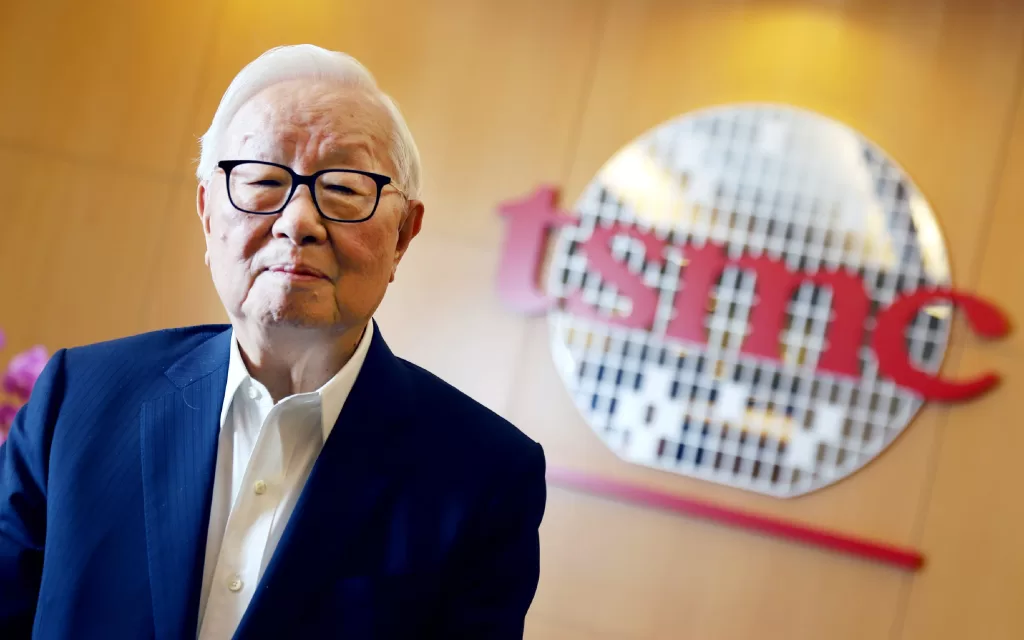
TSMC’s semiconductors are more than just a piece of technology—they are a critical factor in global politics. As the world moves away from oil and toward technology-driven economies, the tiny semiconductors made by TSMC hold the key to peace or conflict in the 21st century. The future of global superpowers may very well depend on who controls the chips.
